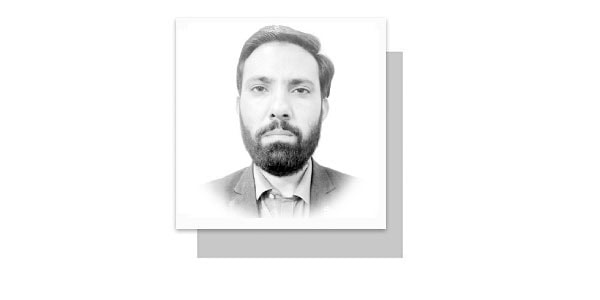WE are at a critical juncture in history, facing urgent challenges that demand our attention.
The COVID-19 pandemic has intensified existing social and environmental crises, presenting us with a choice: continue neglecting these issues or engage in meaningful transformation.
This moment calls for action to address both systemic injustices and environmental degradation.
Scientific evidence underscores the urgent need to act against climate change.
This is not speculative, but an undeniable reality supported by rigorous research.
The most vulnerable communities are already suffering and we cannot ignore the growing economic and social disparities.
Economic systems must evolve beyond mere production and distribution to include environmental sustainability and human dignity.
We must rethink our current models and act with immediate urgency.
This transformation requires both individual and collective commitment.
History shows that crises drive change and this crisis demands persistent effort and innovation.
Our goal must be clear: within the next decade, we must create a sustainable framework that meets today’s needs while safeguarding the future.
I invite all individuals, communities, businesses and institutions—regardless of faith or ideology—to join in this collective journey.
Pope Francis’ concept of integral ecology in Laudato Si’ offers a holistic approach to the twin crises of our time: the Earth’s suffering and the plight of the poor.
Integral ecology recognizes that all aspects of life are interconnected, urging us to redefine progress by incorporating ethical, social and educational dimensions alongside economic and technological considerations.
To make this transformation possible, I propose three key actions:
1.Education for Environmental Responsibility: We must educate people at all levels about the connection between environmental crises and human well-being.
By integrating scientific knowledge with ethical frameworks, we can foster collective responsibility for our planet.
The growing movement among youth for environmental justice should be nurtured and institutionalized.
2.Water and Food Security: Access to clean water is a basic human right, essential for survival and the foundation for exercising all other rights.
Ensuring global food security is equally vital.
Agricultural systems must prioritize sustainability to avoid damaging the planet while ensuring adequate nutrition for all.
3.A Just and Swift Energy Transition: The global community must shift from fossil fuels to renewable energy sources to address the climate crisis.
This transition must be swift and equitable, supporting marginalized populations and workers in the energy sector.
Investments should align with the principles of integral ecology, prioritizing sustainability and social justice.
These actions are part of a broader strategy to address the current crises.
The existing economic model is unsustainable and requires a fundamental shift in production, consumption and equity.
Integral ecology calls for an economy that prioritizes human well-being and planetary protection over short-term profit and exploitation.
The transformation we seek is not only environmental but also political.
True politics, exercised with charity, serves the common good.
Every individual must be part of this shared journey of renewal.
The urgency of the moment cannot be overstated; our response must be immediate.
The future will be shaped by the actions we take today, in solidarity and harmony.
—The writer is contributing columnist.










